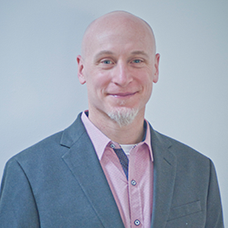February Pub Talk

Science Pub: “On Composting Humans: Biology and Bioethics”
Feb 7th, 2022 | 6:00 – 7:00 p.m.
Sip your favorite brew, while you learn a thing or two! Science Pub is an opportunity to enjoy learning about science in an informal atmosphere; no scientific background necessary! Just bring your curiosity and a thirst to learn.
There are 2 ways to be at this event:
- In Person – Paradise Creek Brewery will be seating indoors at 100% capacity and the pub talk will be broadcast/projected on a the large projection screen in the pub/restaurant area.
- On Zoom – Register for the Zoom Talk HERE. Place a food/drink order for pick up at Paradise Creek Brewery’s Downtown Restaurant – 245 SE Paradise St, Pullman. Local delivery is also available. Mention Science Pub and you’ll be sent a link by text or email to join the event. Tip: Place your order early so it’s ready by Science Pub time.
See the Facebook event here
This month’s speakers:
Join Lynne Carpenter-Boggs and Bill Kabasenche on February 7th for their pub talk, “On Composting Humans: Biology and Bioethics”.
In 2019 Washington State became the first to legalize Natural Organic Reduction, or the use of composting for human funerals. Behind the legal process was WSU research and a process of research assurances. We’ll look at the ethics of new research, how NOR developed, and where these processes came together to support a change in the funeral industry.

Dr. Lynne Carpenter-Boggs is a Professor of Soil Science and Sustainable Agriculture in the WSU Department of Crop and Soil Sciences. She directs the WSU Graduate Certificate in Sustainable Agriculture. Her background in soil microbiology, alternative agricultural systems, and livestock mortality composting supported the development of natural organic reduction.

Dr. Bill Kabasenche is a professor of philosophy in the School of Politics, Philosophy, and Public Affairs and the Ethics Education Director in the Elson S. Floyd College of Medicine at Washington State University. He is also a Fellow in the Center for Reproductive Biology. His research focuses on a variety of ethical issues in the sciences and biotechnology and in health care.